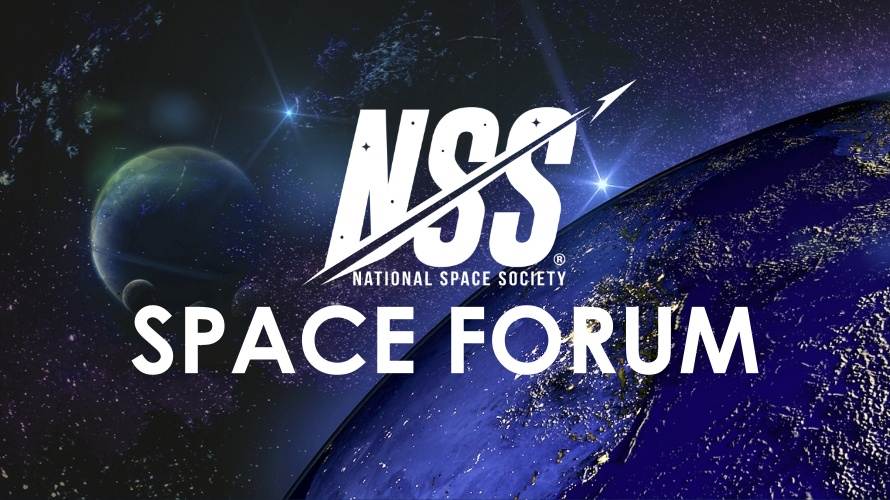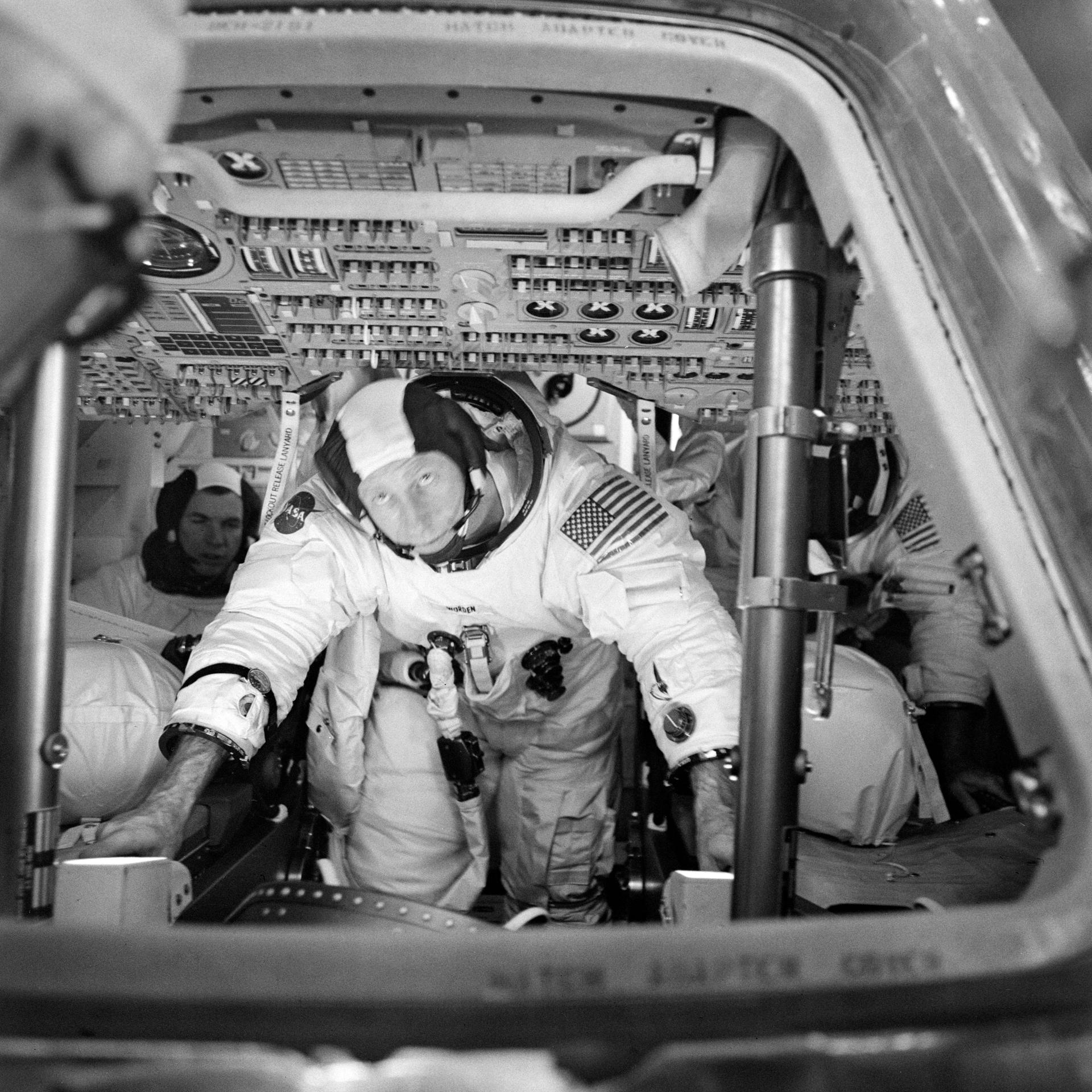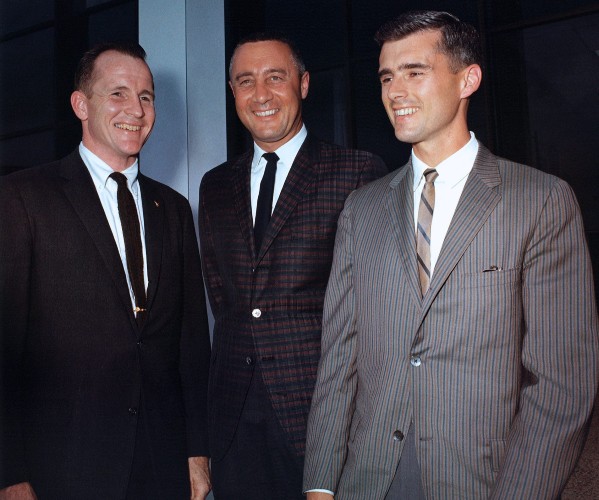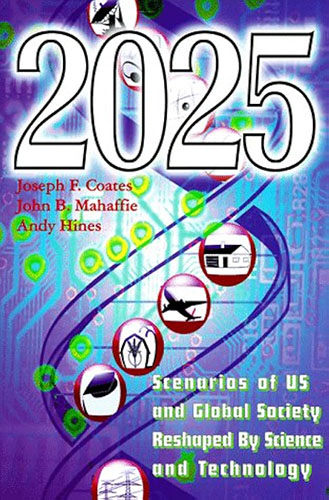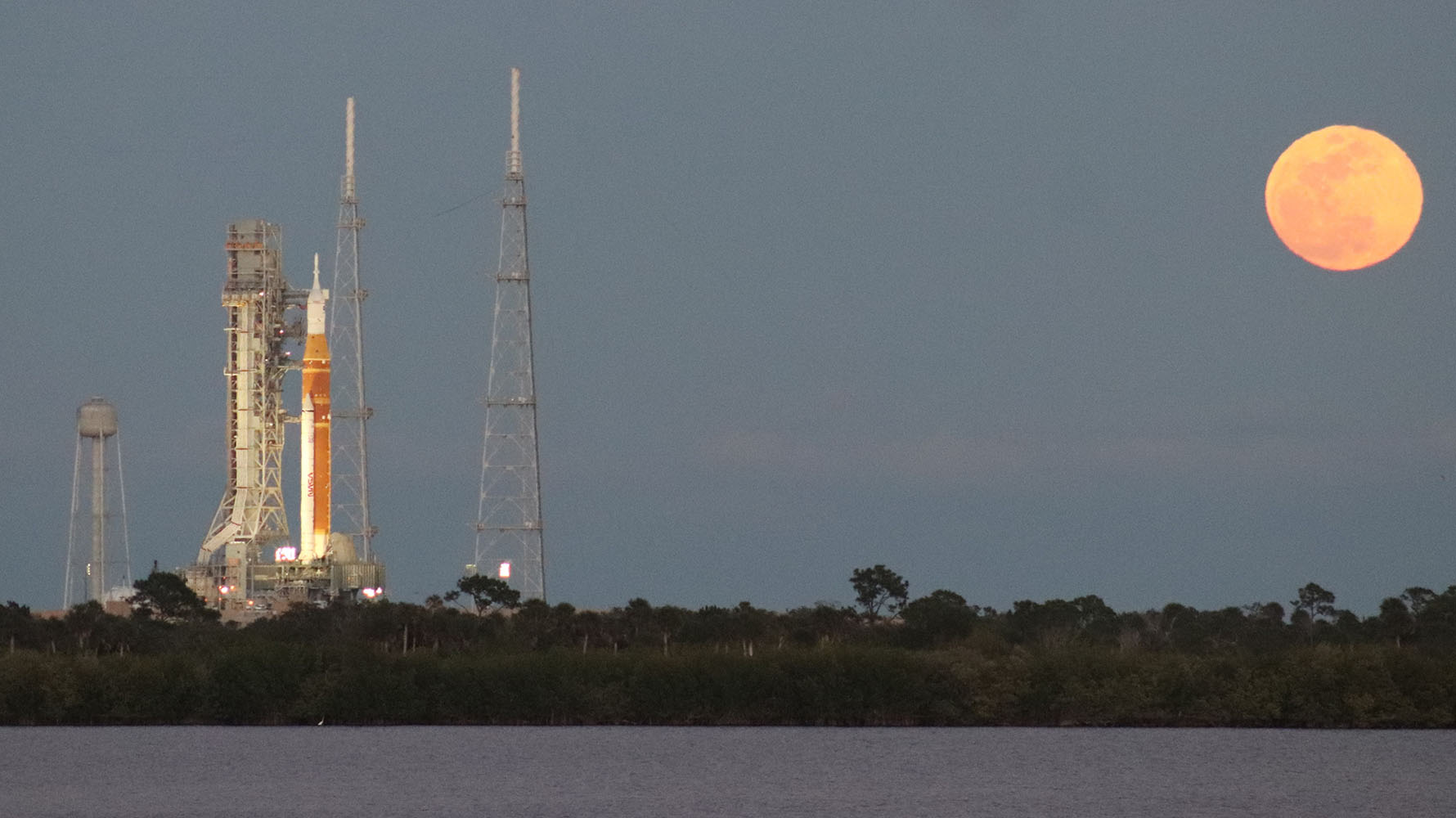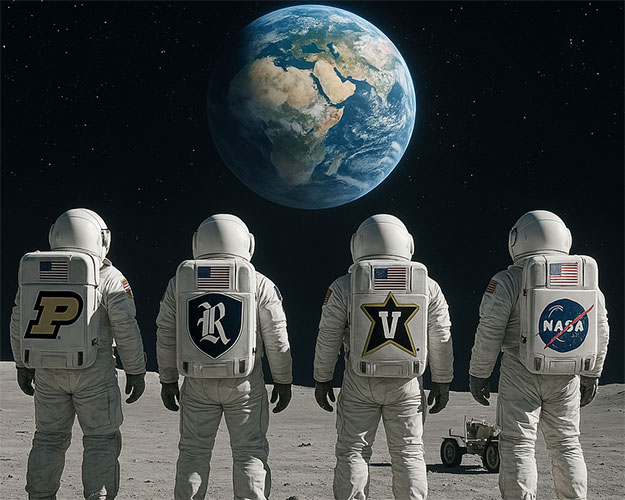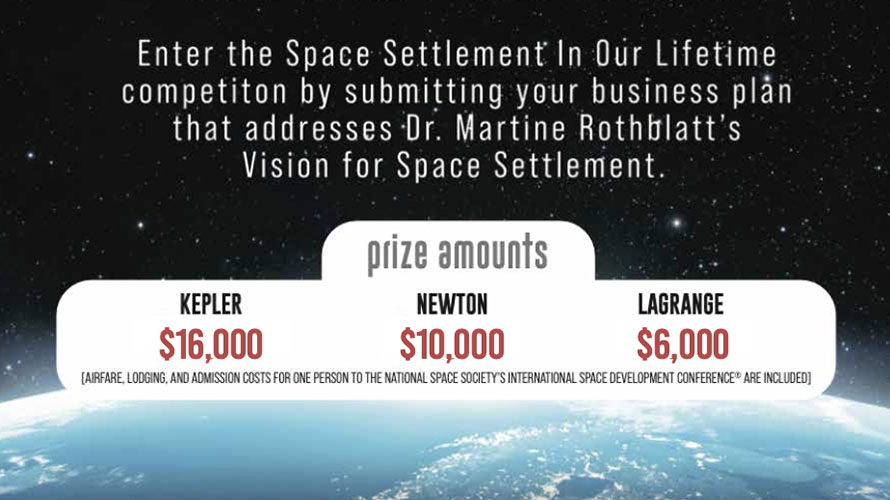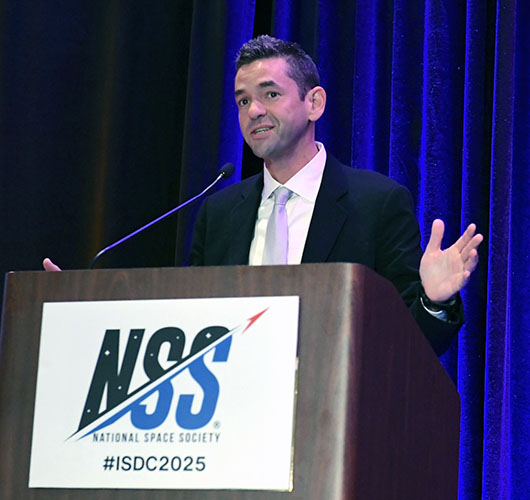The National Space Society invites you to the next Space Forum
Thursday, October 30, 2024, 9:00 pm to 10:15 pm EST
The Giant Leap: Why Space is the Next Frontier in the Evolution of Life
With special guest

Dr. Caleb Scharf
Author
Senior Scientist for Astrobiology
NASA Ames Research Center
From the first spark of life to the great transitions from sea to land and land to sky, the story of life on Earth has always been one of exploration and transformation. Now, astrobiologist and author Dr. Caleb Scharf invites us to consider the next great leap—from Earth to space.
Join us for this thought-provoking space forum as Dr. Scharf draws on themes from his new book The Giant Leap: Why Space is the Next Frontier in the Evolution of Life to explore how humanity’s expansion beyond Earth represents not just a technological milestone, but a profound biological event—an evolution of evolution itself. Drawing parallels between Darwin’s voyage on the Beagle and our own ventures into the cosmos, he examines how humans and our technologies may become catalysts for life’s interplanetary future.
Register now for this fascinating journey that bridges science, philosophy, and imagination, and discover how our push into space may be the next chapter in life’s grand story.
As a special bonus, the National Space Society will give away four copies of The Giant Leap as virtual door prizes—you must be present to win!

* * * * * * * * * * * * * * * *
Caleb Scharf is the author of the new book The Giant Leap: Why Space is the Next Frontier in the Evolution of Life. Born and educated in England, he earned his B.Sc. in physics from Durham University and his Ph.D. in astronomy from the University of Cambridge. Following postdoctoral work in X-ray astronomy and observational cosmology at NASA’s Goddard Space Flight Center and the Space Telescope Science Institute in Maryland, he joined Columbia University, where he served as director of the Columbia Astrobiology Center. In 2022, Dr. Scharf joined NASA’s Ames Research Center as Senior Scientist for Astrobiology. His research focuses on exoplanets, exomoons, and the nature of environments suitable for life. That same year, he was awarded the Carl Sagan Medal by the Division for Planetary Sciences of the American Astronomical Society.
Register today to reserve your seat and ask your questions. Use the link below.
Register no later than October 30 at 8 pm EST

